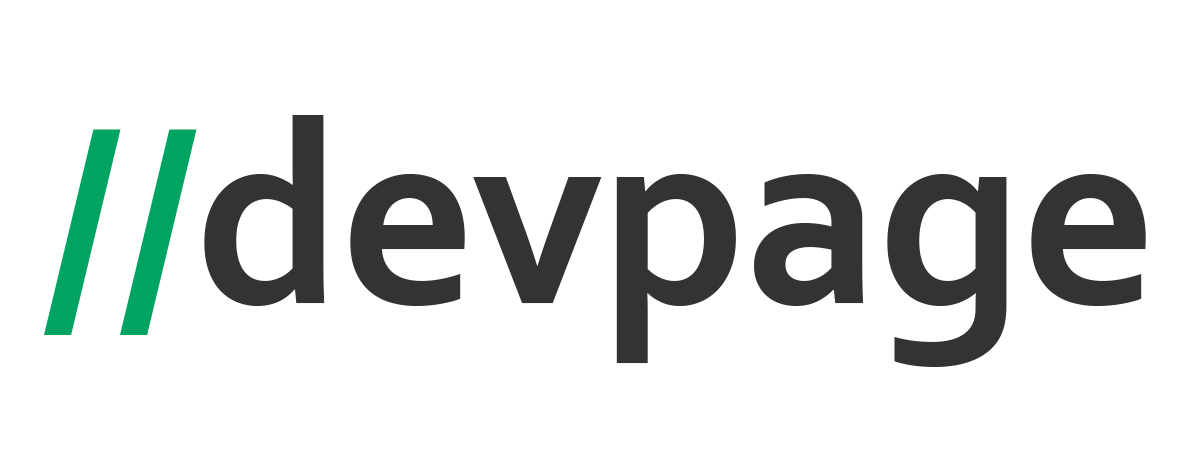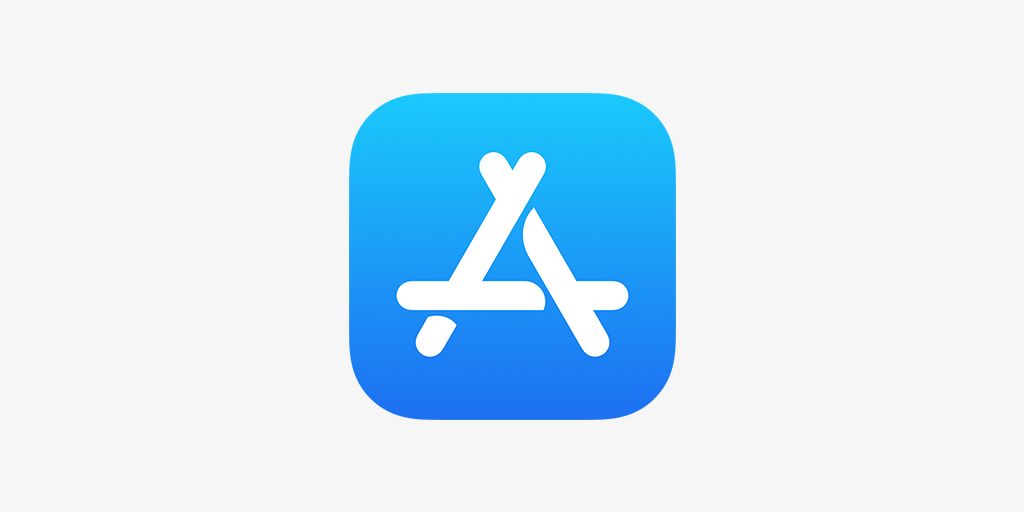Apple’s App Store Overhaul: Navigating the New EU Digital Markets Act Landscape
In 2025, Apple has implemented significant changes to its App Store policies to comply with the European Union’s Digital Markets Act (DMA). These reforms aim to promote fair competition and provide developers with more flexibility in how they distribute and monetize their apps within the EU.
Introduction of Alternative App Marketplaces
One of the most notable changes is the allowance of alternative app marketplaces on iOS devices. Starting with iOS 17.4 and iPadOS 18, users in the EU can install apps from third-party marketplaces, providing developers with new avenues to reach their audience beyond the traditional App Store. This move is designed to reduce Apple’s control over app distribution and foster a more competitive environment.
Support for Sideloading Applications
In addition to alternative marketplaces, Apple now permits sideloading of apps directly from developers’ websites. With the release of iOS 17.5, users can download and install apps without going through the App Store, granting developers more autonomy and users more choices.
Revised Fee Structure for Developers
Apple has introduced a new fee structure to align with the DMA requirements. Developers distributing apps outside the App Store are subject to a €0.50 Core Technology Fee per first annual install per user. Additionally, Apple imposes a 5% acquisition fee for new users and a 10% store services fee for sales made by app users within 12 months of installation. These fees are under scrutiny by EU regulators to ensure they don’t hinder competition.
Expanded Access to iOS Features
To comply with the DMA, Apple has opened up access to various iOS features for developers. This includes over 600 new APIs, expanded app analytics, and support for alternative browser engines. Developers can now request interoperability with hardware and software features, enhancing the functionality and user experience of their apps.
Enhanced Parental Controls and Age Ratings
Apple has updated its parental control features, allowing parents to share their children’s age ranges with app developers. This enables developers to tailor content appropriately and adhere to new age rating categories: 4+, 9+, 13+, 16+, and 18+. These changes aim to protect younger users from age-inappropriate content.
Compliance and Ongoing Scrutiny
While Apple has made strides to comply with the DMA, the European Commission continues to monitor and assess the company’s adherence to the regulations. There are ongoing investigations into whether Apple’s new policies and fee structures truly foster a competitive market or if they maintain the company’s dominant position.
Conclusion
Apple’s recent policy changes mark a significant shift in the app distribution landscape within the EU. By allowing alternative marketplaces, supporting sideloading, revising fee structures, and enhancing access to iOS features, Apple aims to comply with the DMA and promote a more open and competitive environment for developers and users alike.


